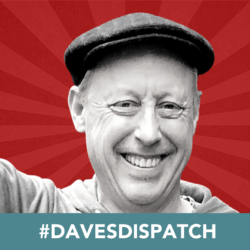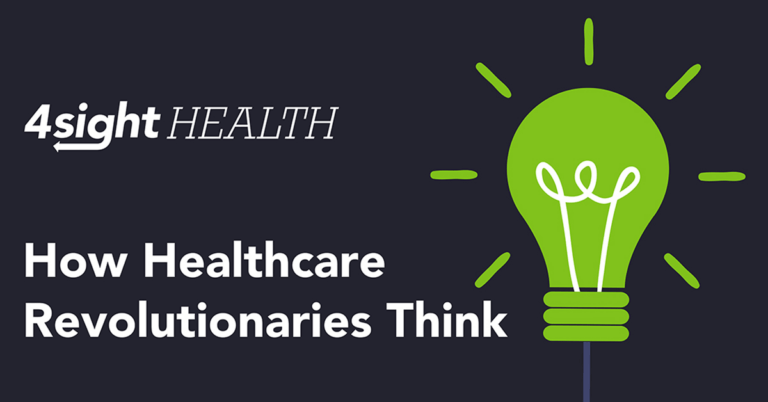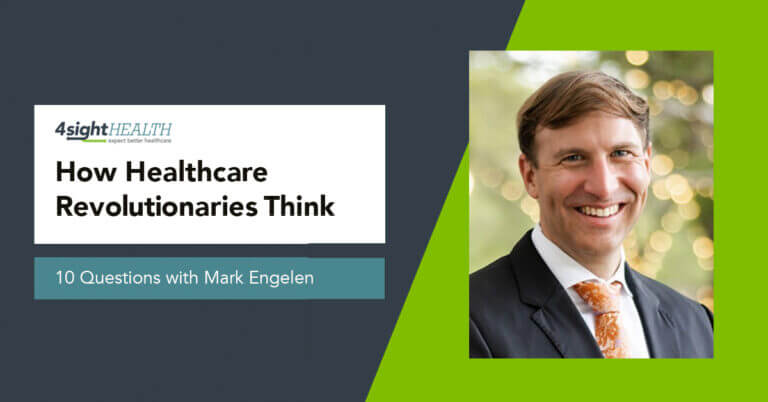March 4, 2021

Healthcare’s Administrative “Sludge” Is Worse than You Think
The economic term “externalities” sounds remote and antiseptic, but it’s not. Externalities are the economic equivalent of side effects. They affect daily living in ways large and small. Riding a bike to work reduces pollution. Driving has the opposite effect.

According to Economics Help.org, “externalities occur when producing or consuming a good cause an impact on third parties not directly related to the transaction.” As my commuting example above illustrates, externalities can be good or bad.
Given its scale, it’s not surprising that healthcare is rife with positive and negative externalities. Covid vaccinations, for example, reduce infection risk for those who have not received shots. Lifting statewide mask mandates too early, as Texas just did, increases Covid risk to third parties.
According to a 2019 JAMA article, administrative waste increases annual healthcare expenditure by $266 billion. That waste exerts a massive drag on the U.S. economy. Its negative externalities compound the economic drag significantly.
Although it’s obvious, I hadn’t thought about administrative waste’s externality costs until reviewing a Stanford Business School study led by Jeffrey Pfeffer. Hassling with health insurance claims is burdensome, time consuming and stressful. We all know this. The costs to third parties associated with this “hassling” are monumental.
Pfeffer estimates the annual toll on workers and their employers to be $144 billion. He uses the term “sludge” (perfect language) to describe lost worker time spent on claims processing, costs associated with increased job absence and lost productivity due to reduced job satisfaction.
Oy veh!
Read all dispatches from Dave Johnson here.





